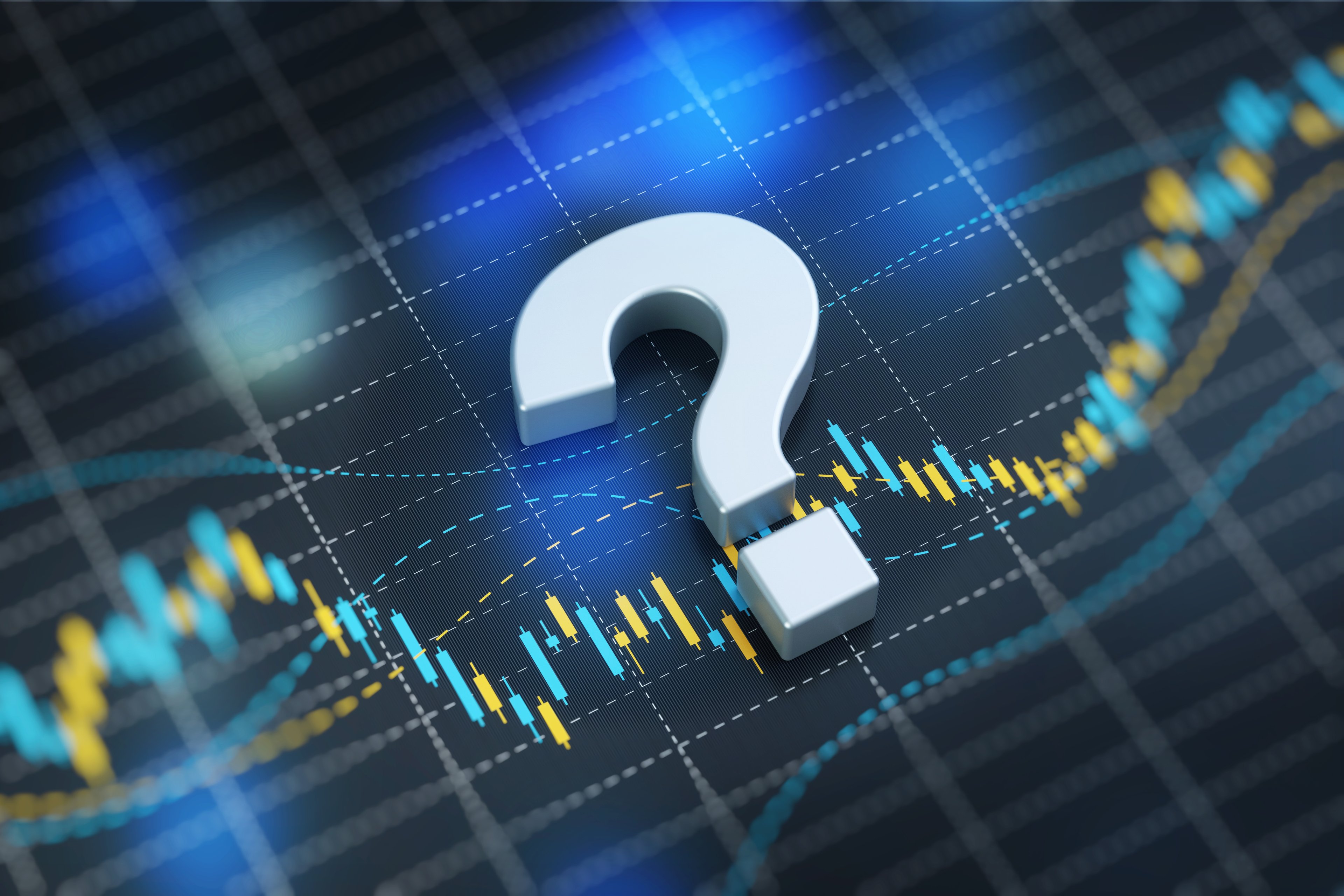
Samsung (NASDAQOTH: SSNLF) and Apple (AAPL +0.13%) just smoked a big peace pipe. The two companies have agreed to drop almost all lawsuits against one another, on a global level. But the one corner of the planet where the patent battles will rage on happens to be the absolutely crucial U.S. arena.
It's not often you see a joint statement by these sworn enemies, except when it's about the next Apple gadget having Samsung's latest technologies inside. But that's what we got today:
Apple and Samsung have agreed to drop all litigation between the two companies outside the United States. This agreement does not involve any licensing arrangements, and the companies are continuing to pursue the existing cases in U.S. courts.
So that's the end of legal entanglements across cases in Europe, Asia, and Australia. Lawsuits have been flying since spring 2011. At one point, there were more than 50 Apple v. Samsung and Samsung v. Apple lawsuits in various courts around the world.
Both companies scored some victories in these international battlefields. Generally speaking, Apple has prevailed in European and Australian courts, while Samsung fared better in Japan. Curiously, Samsung's South Korean home court delivered a split decision.
It's good to see the worldwide rivalry cooling down by a few degrees. Dropping these legal pursuits and cross-filings will let both Apple and Samsung get back to innovation, and to designing the next amazing bit of mobile technology. Hold that thought for a minute.
The enormous exception
This partial cease fire is far from the end of the war.
Conflicts in places like Germany and Japan have mostly held Apple and Samsung back from shipping older, already obsolete versions of their smartphone and tablet devices. By the time the legal machinery had crunched through each particular case, there were already a new iPhone, another iPad, and several new Samsung Galaxy devices on store shelves.

So these cases only resulted in slaps on the wrist -- a mere diversion that amounted to rounding errors on the top and bottom lines of these billion-dollar brawlers.
This friendly handshake left the biggest fish on the table. In U.S. courts, Samsung has already been ordered to pay more than $1 billion in patent injunction damages -- and there's another trial under way with as much as $2 billion at stake.
This is not Monopoly money. It's big business over here, making it difficult to simply drop everything and go in for a warm hug.
Note that the foreign agreements don't amount to settling anything, don't include cross-licensing rights to the disputed patents, and don't really do anything to clear out the final and most central conflict. If Apple and Samsung really want to end this patent war, they will have to agree on what it's worth. With this much money at risk, that seems impossible to do without a proper judge, 12 angry men, and a long series of appeals.
What's next?
Still holding that thought about getting back to innovation? OK, cool.
You could argue that this incomplete truce points toward the end of the entire mobile patent struggle. Won't it be easier to find common ground in this focal battlefield, now that all the fringe distractions have been resolved?
But if making that case, you're not paying attention to the bigger picture. Smartphones still represent a growth market, but mostly in emerging markets where price points matter more than complete feature sets or beautiful design. As for tablets, the go-go-growth era appears to have ended already.
Which means that Apple must be looking for one final big-money payout here, as the mobile market as we know it starts slowing down. It's time to disrupt the iPhone and iPad with another game-changing innovation, just like those cash-printing devices did to the old iPod empire. Wearable computing looks like the next logical step, but Apple has always known how to deliver big surprises in the face of near-certain conclusions.
On the other side of the fence, I bet Samsung would absolutely love to settle its American differences with Apple and avoid another potential billion-dollar payout. But it's not like the defendant can set the rules and expect the plaintiff to simply follow along.
A big Apple victory in court is not guaranteed, but it will keep fighting as long as that possible outcome remains available.
So this is not the end of Steve Jobs' "thermonuclear war" on Android, with Samsung in its sights as the largest trophy on the field. Apple is settling its differences with various Android bigwigs and getting ready to move on -- but Samsung is not getting off the hook so easy.
There's just too much money in play.






